Performance Psychology 2.0 (Part 1): Beginning Your Mindset Overhaul with Self-Awareness
MindsetABOUT THE AUTHOR
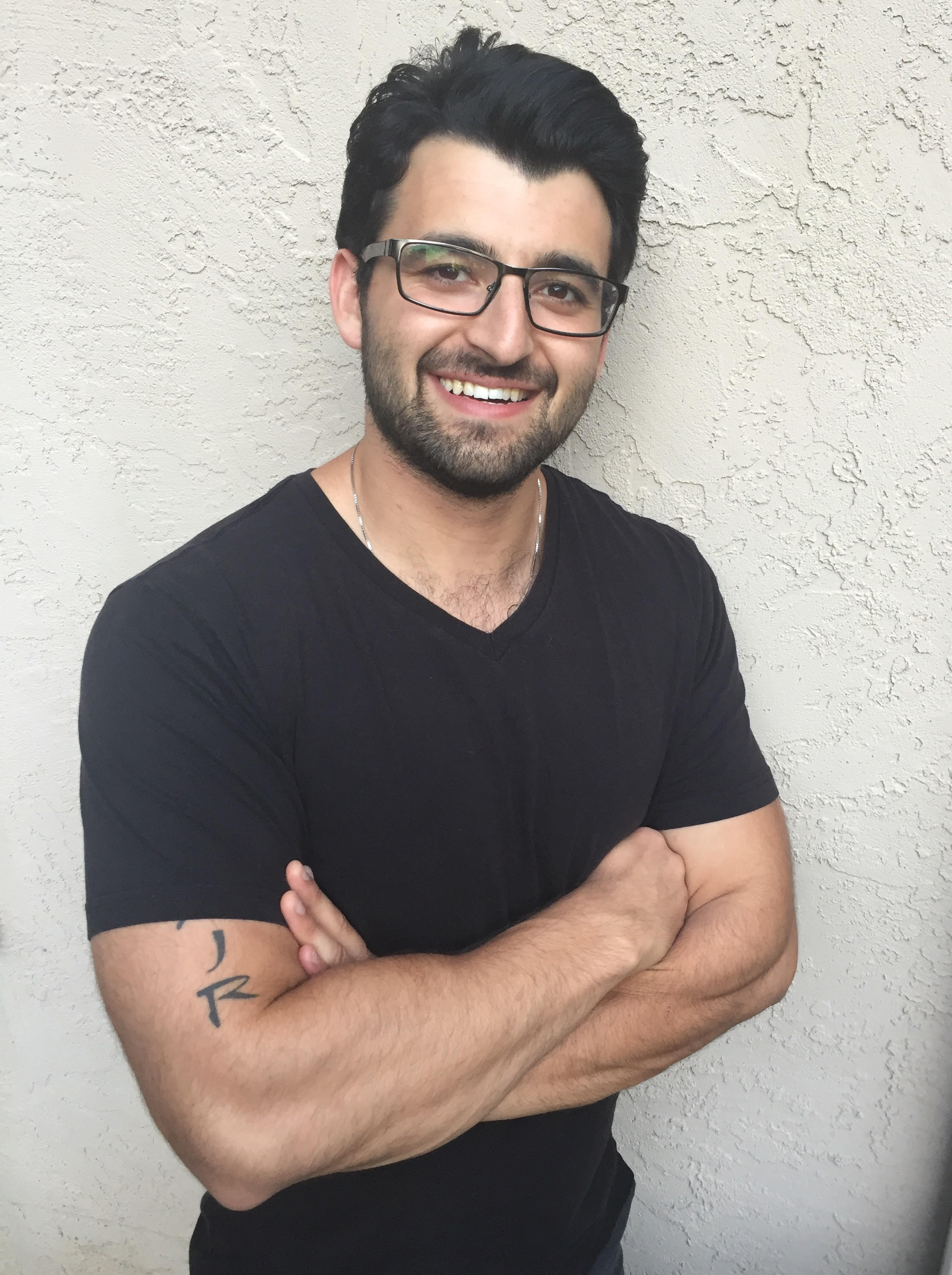

Jared Cohen
Jared Cohen is a mental/physical fitness performance coach. He believes that each client is the master of their own fate. He is driven to guide people to become better learners so that they can develop their own talent and discover their potential. As a coach, Jared strives to be the catalyst for those “aha” moments that go beyond the gym. Specifically, he is passionate and curious about the learning process that supports skill transferability in all aspects of life. Jared’s journey into coaching fitness began in 2010 when he discovered CrossFit as a means to deal with some health problems. Since then, he has been incredibly active in the intersecting worlds of health, wellness, fitness, and performance psychology coaching: having completed his CrossFit L1, several CrossFit specialty workshops, SEALFIT/Kokoro camp, Jill Miller’s Yoga Tune Up trainings, FRC, Catalyst Athletics Olympic Weightlifting, RKC, MovNat, and XPT. Jared provides mental skills, strength and conditioning, and mobility coaching. He has his M.A. in Sport Psychology from John F. Kennedy University, and he is currently finishing up his MBA from John F. Kennedy University as well. He is also a certified Athlete Assessments consultant, which uses the DISC behavioral profiling assessment to help athletes, coaches, and sport managers develop more self-awareness of their behavioral preferences. Jared coaches at Oak Park Los Angeles (home of CrossFit Los Angeles and The Body of Knowledge podcast). He can also be found at his personal website cpbgrowth.com or at behindthepodiumpodcast.com of which he is the co-founder/co-host.
In the world of sports performance, when advancing the art of coaching, it’s all too tempting to become mired in the minutiae of physical training. After all, the most evident outcomes for our athletes are those that we can observe with the naked eye, and many of the results our athletes seek are tied to how they express their physicality. This means that, too often, training the cognitive, emotional, and behavioral aspects of one’s psychology gets shortchanged.
Michael Gervais, performance and sports psychologist, is fond of saying there are only three main categories of skills that can be trained:
- The physical
- The specificity of one’s craft
- The mental
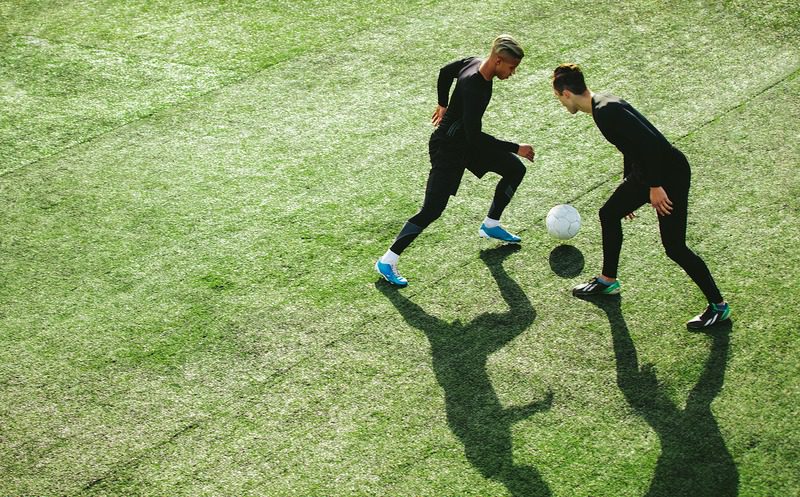
In real time, there is no separating these three. However, in practice, it is our job as coaches to create artificial separations between categories of skills to help our athletes improve upon that which is less developed.
There is no question that mental attributes will be cultivated through a physical practice, especially physical tasks that test one’s will to endure in spite of the onset of fatigue. But do not confuse this with mental training. It does have a cognitive element, but the core focus isn’t on mental. To underscore this point more clearly, I am going to use the macronutrients carbohydrates, protein, and fat as a metaphor.
For example, the average egg is classified as a protein source, not because it has zero carbs and zero fat, but because its weight in grams is mostly comprised of protein. Similarly, as a coach, you need to be clear with yourself and your athletes which domain is the primary focus of training.
The same holds true when you break down the subcategories within each domain. For example, physical training can take the form of being more strength focused, conditioning focused, or mobility focused. Within the skill of Muay Thai, the craft-specific work can be more punching, kicking, elbows, knees, or clinch focused. Similar to the subcategories of physical fitness and the craft specificity of Muay Thai, the mental domain can also be understood through separate subcategories of skill development.
Over the next four posts, we’re going to thoroughly explore a framework that will bring clarity to how you can help yourself and your athletes directly train mental skills. We’ll give it the working title of Performance Psychology 2.0.
Like with nutrition, if I advise you to eat more fat, I have to also help you understand which foods are primarily high in fat. As such, what are the metaphorical foods to digest and absorb in order to fill up on mental skills? Just like carbohydrates, protein, and fat, there are three main categories of mental skills development:
- Self-awareness
- Self-regulation
- Self-reflection
In part two, I will address self-regulation, which enables you to adapt your behaviors to better align with the stated goals and intentions. In part three, I will tackle self-reflection, which empowers you to derive meaning from your past experiences and use this insight to improve future performance opportunities. In part four, I will address self-awareness, self-regulation, and self-reflection working in conjunction with one another.
Before we rush headlong into these concepts, we must back up and start with the initial category of this logical progression that underpins the other two: self-awareness.
With the widespread popularity of yoga and the ever-increasing propagation of mindfulness and meditation, this has become something of a loaded term. But let’s dispel any “woo-woo” connotations that we might attach to self-awareness. This series is not going to be all squishy, I promise.
The way I want you to think about self-awareness is in the context of your behavior both as an athlete and a coach. While athletes’ behaviors are important and highly relevant, you first need to better understand your own behavioral tendencies and how these impact the communication, teaching, and learning that you facilitate.
In turn, your preferred instructional style and default habits impact the quality of your athletes’ experiences, their outputs, and whether they achieve what they set out to. This is directly tied to their overall health and wellness, the vitality of your business, and your job satisfaction.
You can impact everything I just listed here and more by simply increasing your own self-awareness. As Mark E. Young writes in his brilliant book Learning the Art of Helping, “The journey of learning the art of helping others is a personal one, requiring you to know yourself.” When you know yourself more deeply and understand how you’re likely to act in any given situation, you can better gauge whether you’re hitting the target or missing the mark more often than not. And if it’s the latter, begin to develop some strategies to correct your course while still staying true to who you are.
// Under Pressure
Performance psychology can be defined as, “The study and application of the psychological principles of human performance in order to help people consistently perform in the upper ranges of their capabilities and more thoroughly enjoy the process,” (Portenga, Aoyagi, and Cohen, 2017).
What gets in the way of humans consistently performing in the upper ranges of their capabilities and more thoroughly enjoying the process?


The answer: pressure and the inability to thrive under it, as opposed to just survive. When we start to consider how we’re likely to act, it’s important to remember that our behavior doesn’t exist in a vacuum. Sure, there might be those sessions in which you know all of your athletes well, have all your preferred equipment on hand, are coaching a workout you’ve run many times before, and you’re not under scrutiny.
But we all know it often doesn’t play out this way. Maybe your boss or a new head coach for the football team is watching you like a hawk. Or perhaps there are a few clients who you don’t know as well or at all. You might be pinch hitting for a fellow coach because they’re sick or at a kid’s school event, and thus, you might not know anyone you are about to coach. Perhaps another group is using some of the gear, or you’re visiting another gym that doesn’t have the same stuff you have access to at your own place.
In all of these examples, your behavior might be different than if you were operating in an ideal, pressure-free situation in which you had plenty of information on the clients you were about to instruct and all the equipment you desired at your fingertips.
Gilbert Enoka, the mental skills coach for the New Zealand All Blacks, defines pressure as experiencing internal feelings of scrutiny, consequence, or expectation (sometimes, all three at once). Becoming cognizant of how such pressures – be they real or perceived – alter our actions is a key part of becoming a more self-aware coach.
Remember also to consider if and how you are triggered by pressure differently when you are behaving as an athlete. In both contexts, what do you default to and how do external factors manifest themselves on you internally? And from there, is how you act while bearing the burdens of scrutiny, consequence, and expectation beneficial or detrimental to your success and that of your athletes? These are not easy questions to answer, but the very act of asking them in the first place can go a long way to improving your self-awareness.
// Your Actions vs. Your Athletes’ Expectations
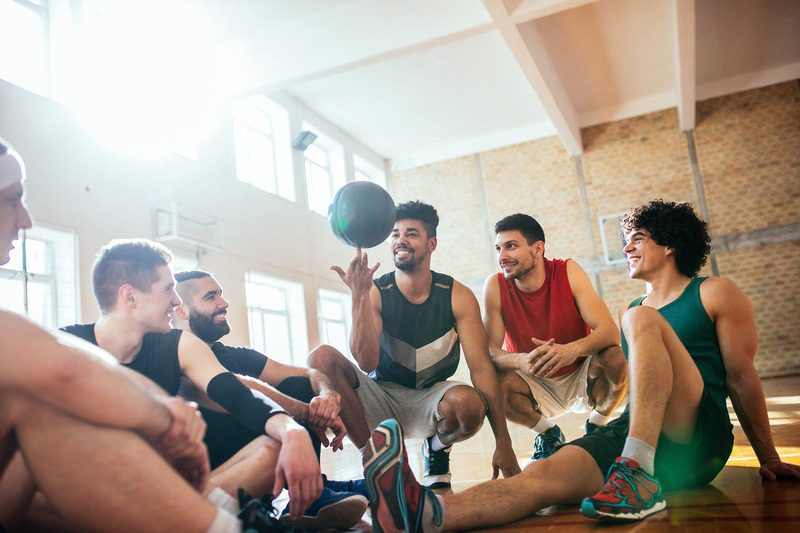

Sometimes you can become a victim of your own success. If your natural modus operandi has proved to be effective with some clients in the past, then it’s easy to form the impression that the way you do things will work for everyone (particularly if your athletes or teams have won championships and medals).
Similarly, just because your default tendency when you feel pressure while performing is to behave more aggressively, do not assume that this is the same tendency of all your athletes. Such assumptions, while common because of the “treat others the way you want to be treated” projection, run the risk of limiting you to only being able to affect change for people who think, feel, and act like you.
This isn’t to say that you’re doing everything wrong – it just means that you might be self-limiting your positive impact because you’ve become stuck in your ways and aren’t willing to meet your athletes where they are.
Allow me to share a case study from a volleyball team I worked with as their mental skills coach.
The head volleyball coach had been a great player in her own right and expected a lot from her players. She was very direct, blunt, and dominant, and wanted to see quick results. In contrast, most of her players tended to have a softer, quieter demeanor and took a more gradual approach to learning. This created a delta in expectations, communication, and how outcomes were appraised. The coach was often frustrated because the girls weren’t getting better at taking risks during game time. The way she expressed her frustration left many on the team feeling brow-beaten and demoralized.
She wasn’t a bad coach by any means, but while her intensity and demand for rapid progress might have worked well for a few players, they limited the development of the majority of her squad.
Unfortunately, I didn’t have the knowledge back then that I do now, so while I made some of these observations at the time, I didn’t possess the know-how to make the correct intervention.
This would’ve started by sitting down with the coach and pointing out the difference in styles, tendencies, and concerns/needs when triggered by pressure between her and the athletes of the team. Then I would have explained why this mattered – because the delta was not only limiting results on the court, but also leaving a lot of the girls feeling guilty. The coach believed they were unwilling to take risks, when, in reality, none of them were unwilling – they were unable. Because taking risks was more of a default behavior for the coach, particularly as a former Division 1 college volleyball player herself, she misjudged her athletes.
For the majority of the players on the team, taking risks was a skill to be developed within the category of self-regulation. Coaching others in the self-regulatory skill of risk-taking is contingent upon understanding their natural tendencies and the default ways in which they appraise and feel about risk.
The head coach missed the opportunity to understand the potential mismatch between her natural tendencies of behavior and thus projected expectations (i.e. self-awareness) versus her players’ tendencies.
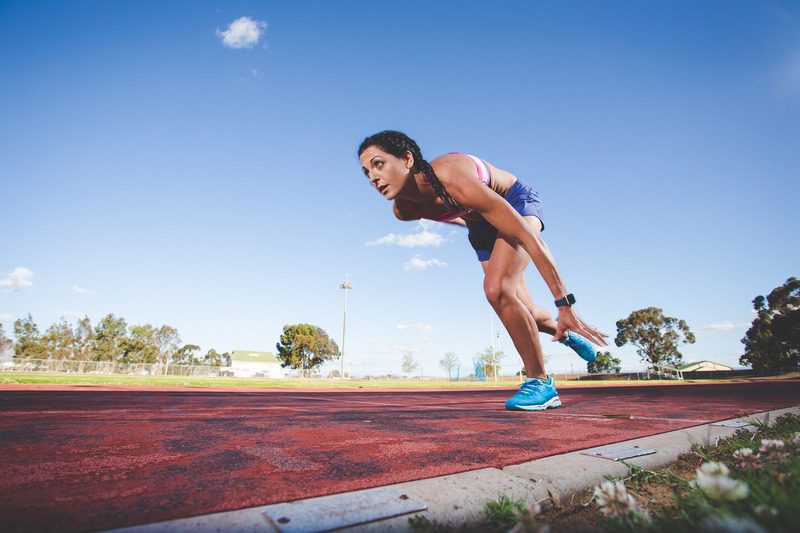

// Holding up a Mirror
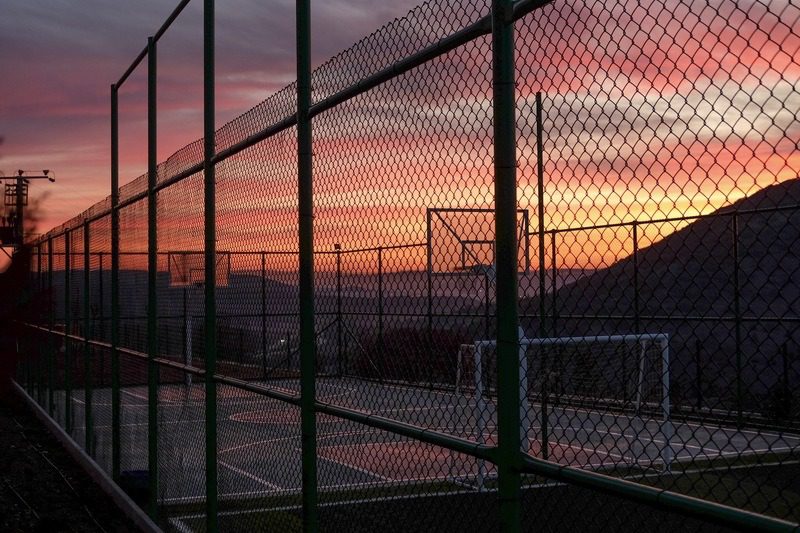

Quite often, we have similar blind spots in our coaching game. It can take us asking a fellow coach or outsider for their honest opinion to illuminate these and offer suggestions on what we can do differently. Then we can use our newly-enhanced self-awareness to better self-regulate.
Another way to shine a light on areas of possible improvement is to take a DISC and/or Market Force(an organization that provides human dynamics tools) behavioral assessment.
At the gym where I coach, Oak Park, owner Kenny Kane puts a high premium on developing his coaching craft and that of the rest of the team. Because of this core value of constantly growing our coaching abilities, I have administered both DISC (from the company Athlete Assessments) and Market Force Styles Indicators for myself, Kenny, and the rest of the team.
These have shown us how we’re likely to behave. Equipped with this objective information, we then looked at our member base to see where the gaps, disparities, and conflicts might be between what our clients want/expect and what we actually deliver. Next we applied self-regulating strategies to close the distance.
When it comes to developing your own self-awareness, you only know what you know, and we all have misconceptions about ourselves. That’s why such quantitative assessments and honest qualitative appraisals from others are so important – they provide the kind of clarity it’s almost impossible to obtain alone.
Burt Giges, an OG in the field of sports/performance psychology, has a very succinct way of talking about the practical application of investing in the mental skill of self-awareness. The following is what he refers to as “The Alphabet of Change” to simplify the steps needed to positively alter habits (self-regulation). Can you guess what the letter A stands for?
A – Awareness before…
B – Behavior…
C – Creates a choice for a…
D – Decision to apply…
E – Effort and…
F – Focus on a…
G – Goal
Again, better coaching of others begins with awareness of self. Once you know yourself and how you’re likely to behave, you’ll be in a much better position to apply your expertise and help the athletes who depend on you.
Are you a better coach after reading this?
More coaches and athletes than ever are reading the TrainHeroic blog, and it’s our mission to support them with usefull training & coaching content. If you found this article useful, please take a moment to share it on social media, engage with the author, and link to this article on your own blog or any forums you post on.
Be Your Best,
TrainHeroic Content Team
HEROIC SOCIAL
HEROIC SOCIAL
TRAINING LAB
Access the latest articles, reviews, and case studies from the top strength and conditioning minds in the TH Training Lab

